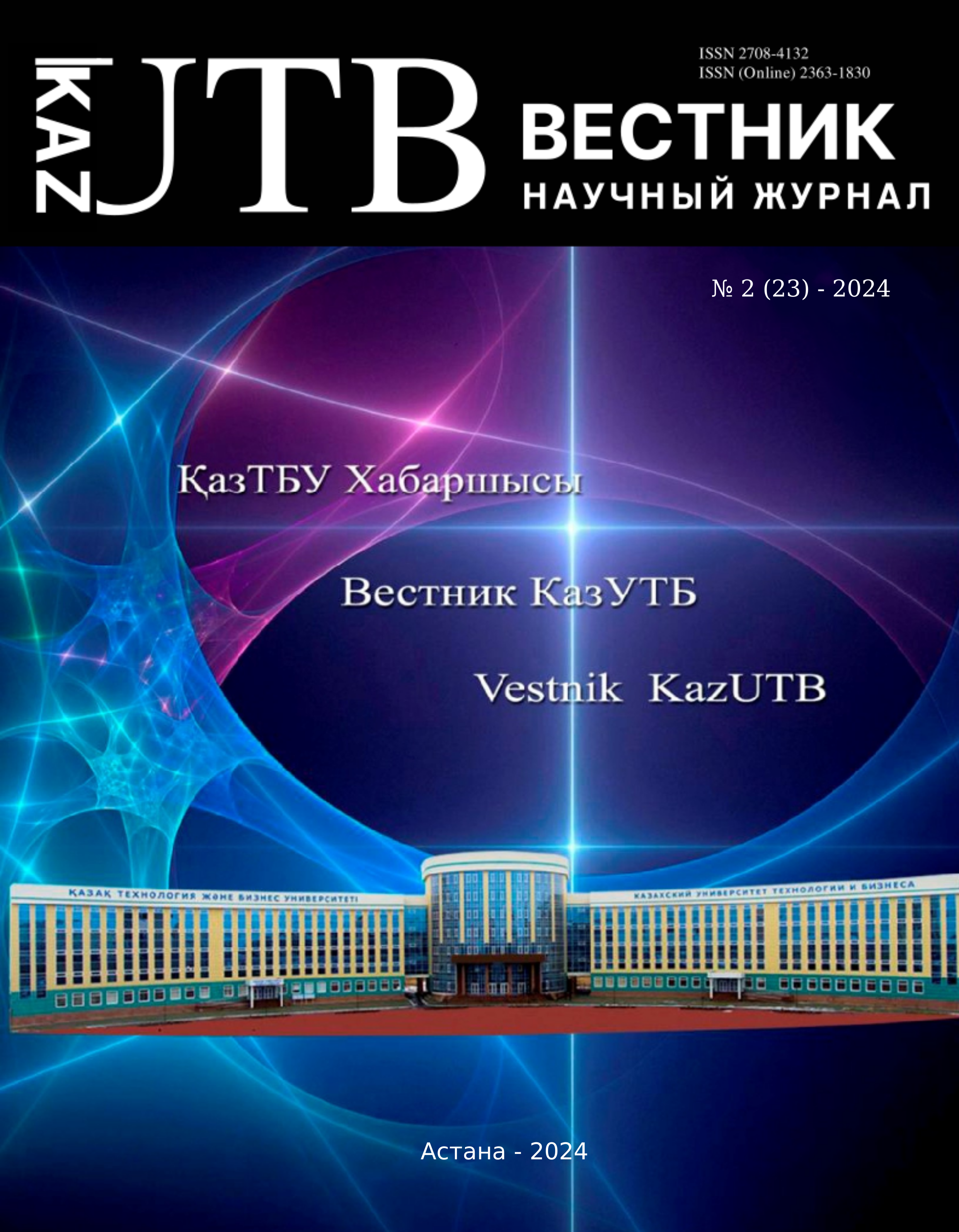Меню


Information and communication and chemical technologies
No. 2 (23) - 2024 / 2024-06-30 / Number of views: 196
DEVELOPMENT OF A BRAIN STROKE DIAGNOSIS SYSTEM USING CONVOLUTIONAL NEURAL SYSTEMS
Authors
Keywords
3D CNN, brain stroke, detection, cushioning, augmentation
Link to DOI:
How to quote
Abstract
Against the background of the growing relevance of issues related to the diagnosis of brain stroke, modern research in the field of medical diagnostics is trying to use advanced deep learning methods to improve the detection of this serious disease.
This study provides an overview of existing methods for diagnosing brain stroke in order to improve the accuracy and efficiency of stroke detection. Provides methods for collecting, processing, and amplifying data, such as noise reduction, resizing, and normalization of images during data processing. The results can significantly contribute to the development of medical diagnostics and improve the care of stroke patients.
The work used 3D CNN to diagnose a brain stroke. This architecture is a powerful tool for processing three-dimensional data such as computed tomography (CT).
Model performance evaluation includes the use of various indicators such as accuracy, review and F1 score. 3D CNN has achieved high rates in the diagnosis of cerebral stroke, including showing accuracy of 0.9310 and a recall coefficient of 0.8636 when using intermediate gain.
Keywords: brain stroke, detection, 3D CNN, cushioning, augmentation.



